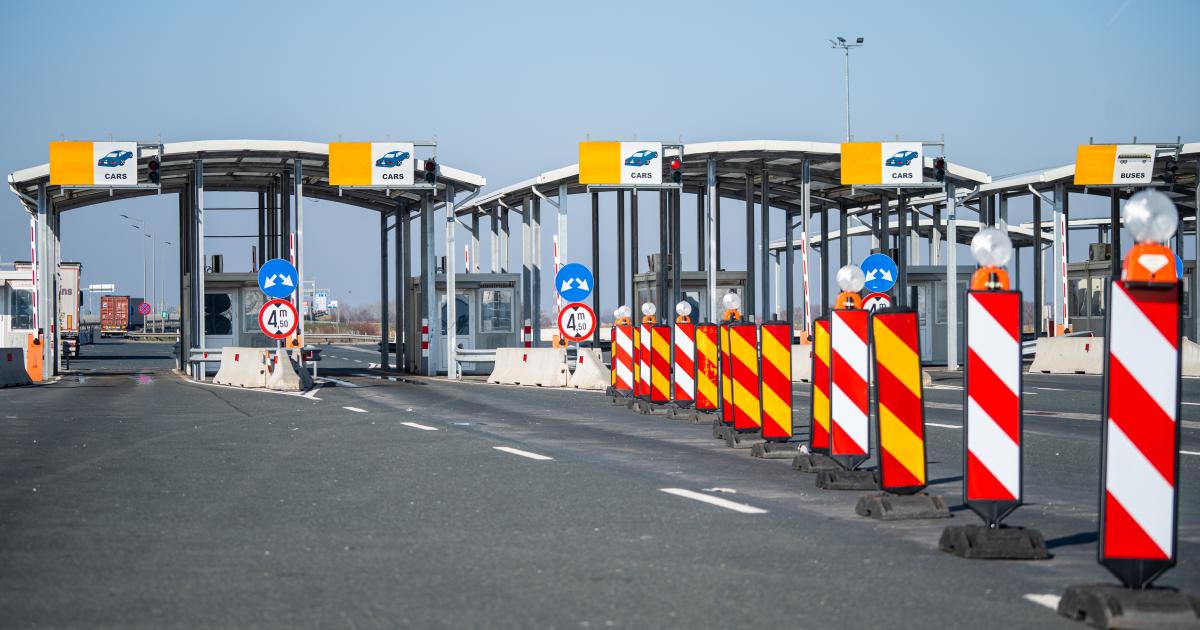As the EU gets ready to celebrate 40 years of Schengen, the Commission has published its annual State of Schengen report. The report reviews the achievements, challenges and developments in the Schengen area over the last year.
The report shows that Schengen rules are being well applied and that intensified EU efforts have led to reducing irregular crossings at its external borders. It also highlights how Schengen requirements have become a crucial aspect of the EU enlargement process.
At the beginning of 2025, Bulgaria and Romania completed their full accession to the Schengen area. The report notes how this has strengthened the EU economy and shows that EU countries are committed to working together under Schengen.
Looking ahead, more work is required to
- improve the collaboration among member countries and coordinate action within the Schengen area, by rapidly and effectively sharing information
- accelerate the implementation of the digital tools, like the upcoming entry/exit system and European Travel Information and Authorisation System (ETIAS)
- adapt to the evolving security landscape
- ensure preparedness well beyond our borders, by deepening relations with partner countries
- put in place effective measures to return those with no legal right to stay in the EU
Schengen is one of the EU’s biggest success stories. It is the backbone for the EU’s internal market and facilitates the lives of almost 450 million people. The Commission has been evaluating the state of Schengen every year since 2022. The findings of the report help EU countries decide what they need to prioritise over the coming year, thereby ensuring that Schengen continues to evolve and adapt to changing realities.
For more information
Press release: Fourth State of Schengen report on 40 years of profound benefits for all EU citizens



